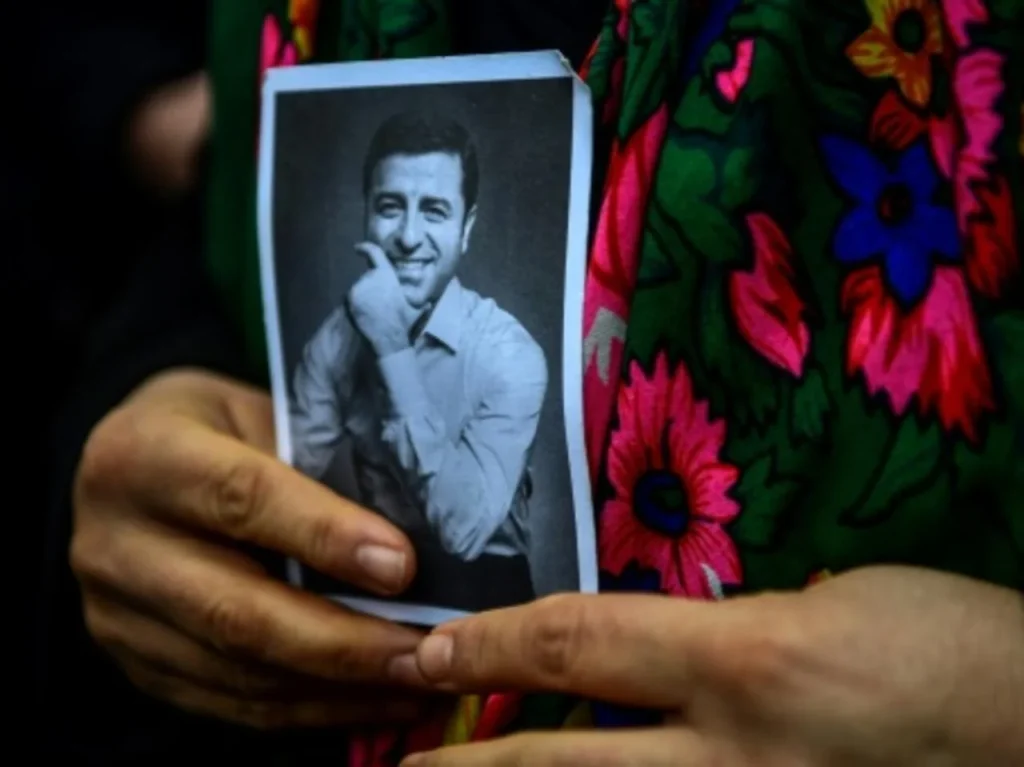Turkey’s Constitutional Court has rejected an appeal by the country’s second-largest opposition party, the Peoples’ Democratic Party (HDP), to delay a high-stakes case that could see the party banned. The decision is being viewed as a major boost for President Recep Tayyip Erdogan as the country prepares for parliamentary and presidential elections expected by June.
The ruling comes at a time when Erdogan faces increasing pressure from economic turmoil, record inflation, and growing dissatisfaction among voters. Critics warn that the judiciary, rather than the ballot box, could play a decisive role in shaping the outcome of the elections.
Court Rejects HDP’s Plea
The HDP had requested that its ongoing closure case be postponed until after the elections, arguing that its legal status remains under threat. The Constitutional Court, however, rejected the appeal and decided to move forward with proceedings that accuse the HDP of alleged ties to the banned Kurdistan Workers’ Party (PKK).
The court has already frozen the HDP’s state funding, limiting its ability to campaign effectively. A ruling against the party could lead to its closure and see dozens of its leaders banned from politics.
Ertugrul Kurkcu, the honorary president of the HDP, described the situation as deeply troubling. “The biggest legal problem is the cloud of suspicion hanging over the party’s legal existence. Will it be able to enter the elections or not?” he asked. Kurkcu also pointed out that since 2015, more than 20,000 HDP members have faced imprisonment, exile, or been forced into hiding, highlighting the scale of political pressure facing the group.
Opposition Leaders Under Pressure
The HDP is widely considered a key rival to Erdogan’s Justice and Development Party (AKP) for securing Turkey’s large Kurdish vote. Analysts believe that closing the party could give Erdogan’s ruling party an electoral advantage.
“Ideally, Erdogan would like to close down the HDP,” said Mesut Yegen of the Reform Institute, an Istanbul-based think tank. “If this happens, then it’s likely that his AK Party will gain more seats.”
The pressure is not limited to the HDP. The Republican People’s Party (CHP), Turkey’s main opposition, is also facing legal troubles. Istanbul’s popular mayor, Ekrem Imamoglu, was recently convicted of insulting an official and now faces the possibility of a political ban. Imamoglu is seen as a strong presidential challenger, making the case politically significant.
Concerns Over Judiciary and Democracy
Human rights groups argue that Erdogan’s government is increasingly using the judiciary as a tool to weaken opponents. Emma Sinclair-Webb, senior Turkey researcher at Human Rights Watch, warned that the authorities maintain significant control over both the courts and the media. “Judicial decisions are being used against the opposition in arbitrary and restrictive ways, while control of the media gives the government an additional advantage,” she said.
The European Court of Human Rights has previously ruled that the imprisonment of Selahattin Demirtas, a former HDP co-leader, was politically motivated. The Turkish government rejects such claims, insisting its courts remain independent.
Stakes for the Upcoming Elections
With soaring inflation and widespread economic hardship, opinion polls suggest Erdogan is facing one of the toughest electoral challenges of his career. However, opposition figures fear that legal actions could ultimately determine the outcome of the elections.
“It’s as if there is no law anymore. It depends on Erdogan’s wishes,” warned Yegen. “They can be even harsher, suspending basic rules and laws. That is why the opposition is deeply concerned about the security of the elections.”
For Erdogan, keeping pressure on opposition parties may prove decisive in securing another term. For Turkey, the decision could shape not only who governs but also the strength of its democratic institutions in the years ahead.






